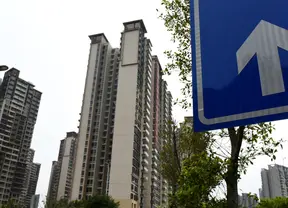
The real estate environment in China can be described as a "dual market:" First-tier cities are moving to cool their overheated property markets, while other parts of the country are struggling with excessive inventories.
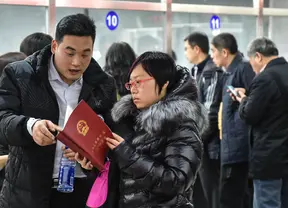
Wang Xin was close to buying an apartment in downtown Beijing for 3.3 million yuan (500,000 U.S. dollars), but the home owner raised the price by 20,000 yuan at the last minute.
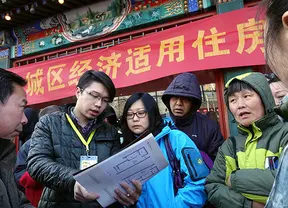
Despite booming real estate prices in Beijing, Wang Ke, a 32-year-old bank clerk, recently bought a 98-square-meter flat off the Third Ring Road.

Guangzhou is likely to become the first tier-one city in mainland China to lift home-purchase restrictions for buyers from Hong Kong and Macau, hinting at the mounting sense of desperation felt by the authorities in the world’s second-largest economy as they seek to speed up property destocking and boost economic growth.

More than half of mainland Chinese cities saw home prices pick up in January amid the central government’s continuous policy support to the sector, with Shenzhen remaining the biggest gainer.
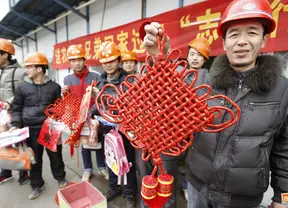
On a cold winter morning in south China's Guangdong Province, Su Wenxun, a migrant worker at a local factory, has already begun off what was destined to be a grueling journey home by motorcycle.
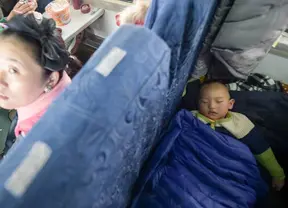
Xu Shan abandoned her plans to fly home for the Chinese Lunar New Year after two weeks of deliberation.
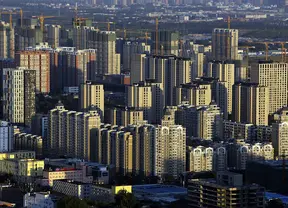
Zhang Lei was happy that he could finally afford an own home this year.

China announced it would lower the minimum deposit for home purchases in most cities to spur the real estate market on Tuesday.

While some greet the Year of Monkey at home with their families, Chen Li is heading for Thailand, expecting to have much more fun than she would by staying home in Shanghai.

New Zealand's construction industry saw the highest number of new home consents in more than a decade last year as the country tackles a housing crisis.

For migrant worker Huang Zilie, this year's travel back home for the Spring Festival holiday will be different.

Australian consumer giant Wesfarmers has set its sights on acquiring home improvement and garden retailer Homebase from British-based Home Retail Group for 340 million pounds sterling (489.90 million U.S. dollars) in cash.

Australian researchers believe that rising costs and pressure of pursuing a university-grade education have led to a worldwide phenomenon known as "boomerang children."

Northern Chinese province Shanxi eased rules on home purchasing, becoming the fourth province to undo previous curbs in hopes of slashing more property inventory in China's lower-tier cities.

Recovery in China's real estate sector slowed in October as fewer cities reported price increases, mainly due to continuing oversupply of homes.

When looking for a balance between independence and health care in later life, China's older generation must navigate an under-developed, overwhelmed sector.